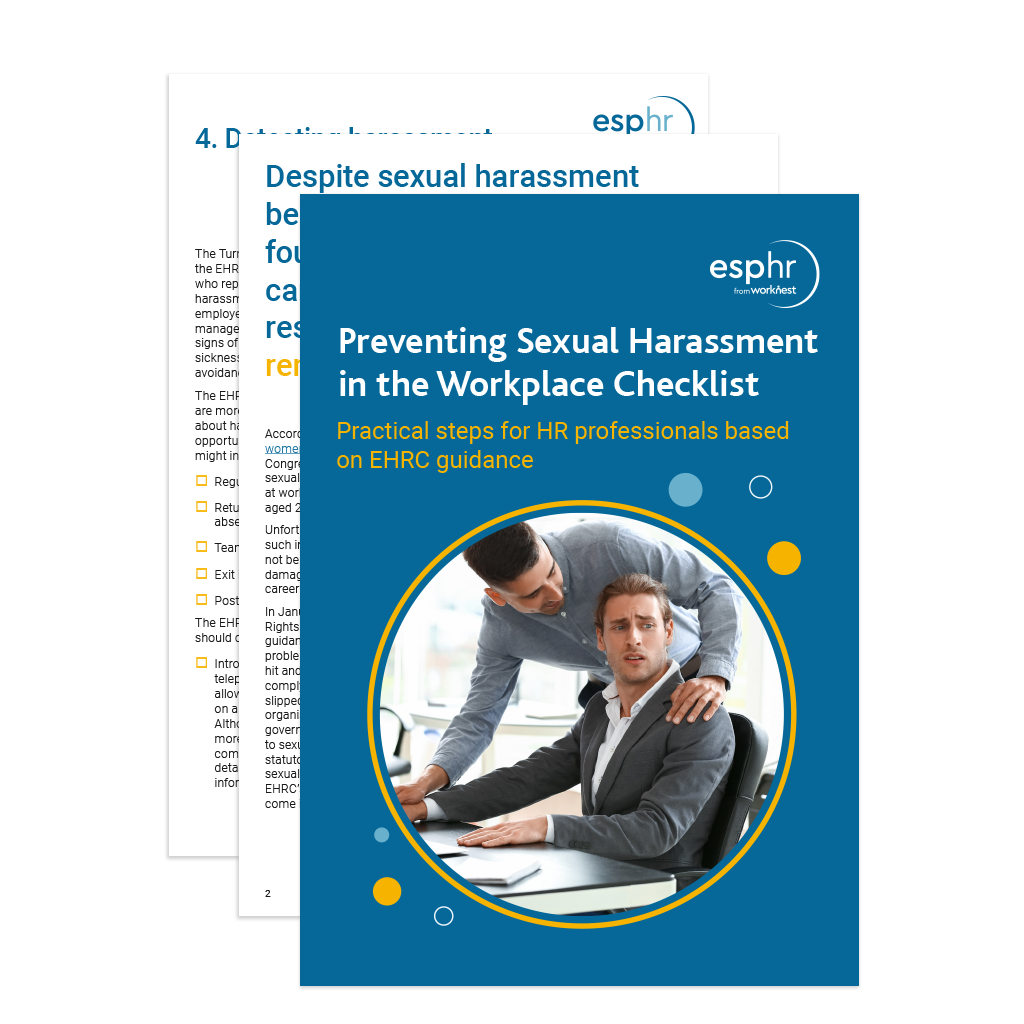Working inclusively means creating a workplace where everyone feels valued, respected, and able to contribute fully – regardless of their background, identity or circumstances. For employers, this involves more than just compliance with equality legislation; it’s about actively promoting fairness, removing barriers, and embracing diversity in all its forms.
Inclusive employers actively promote openness, encourage different perspectives, and foster a culture where people feel comfortable being themselves. When leaders model inclusive behaviours and take the time to listen, it sets the tone for the rest of the organisation.
Recruitment and progression practices also need to be fair and transparent. This includes using unbiased job descriptions, diverse interview panels, and ensuring that opportunities for growth and development are open to all – not just the most confident or visible employees.
Supporting individuals’ needs is another key part of working inclusively. Employers should be ready to make reasonable adjustments, whether that’s adapting workspaces, offering flexible working arrangements, or providing tailored support to help people perform at their best.
It’s also important to keep listening and learning. Regularly seeking feedback, running training on topics like unconscious bias, and reviewing policies with an inclusive lens helps to ensure your approach stays relevant and meaningful.
And finally, inclusive employers understand that people’s experiences aren’t shaped by a single factor. Taking an intersectional approach – recognising how things like gender, race, age, disability, and more can overlap – helps ensure that inclusion efforts are genuinely effective and not just surface-level.

